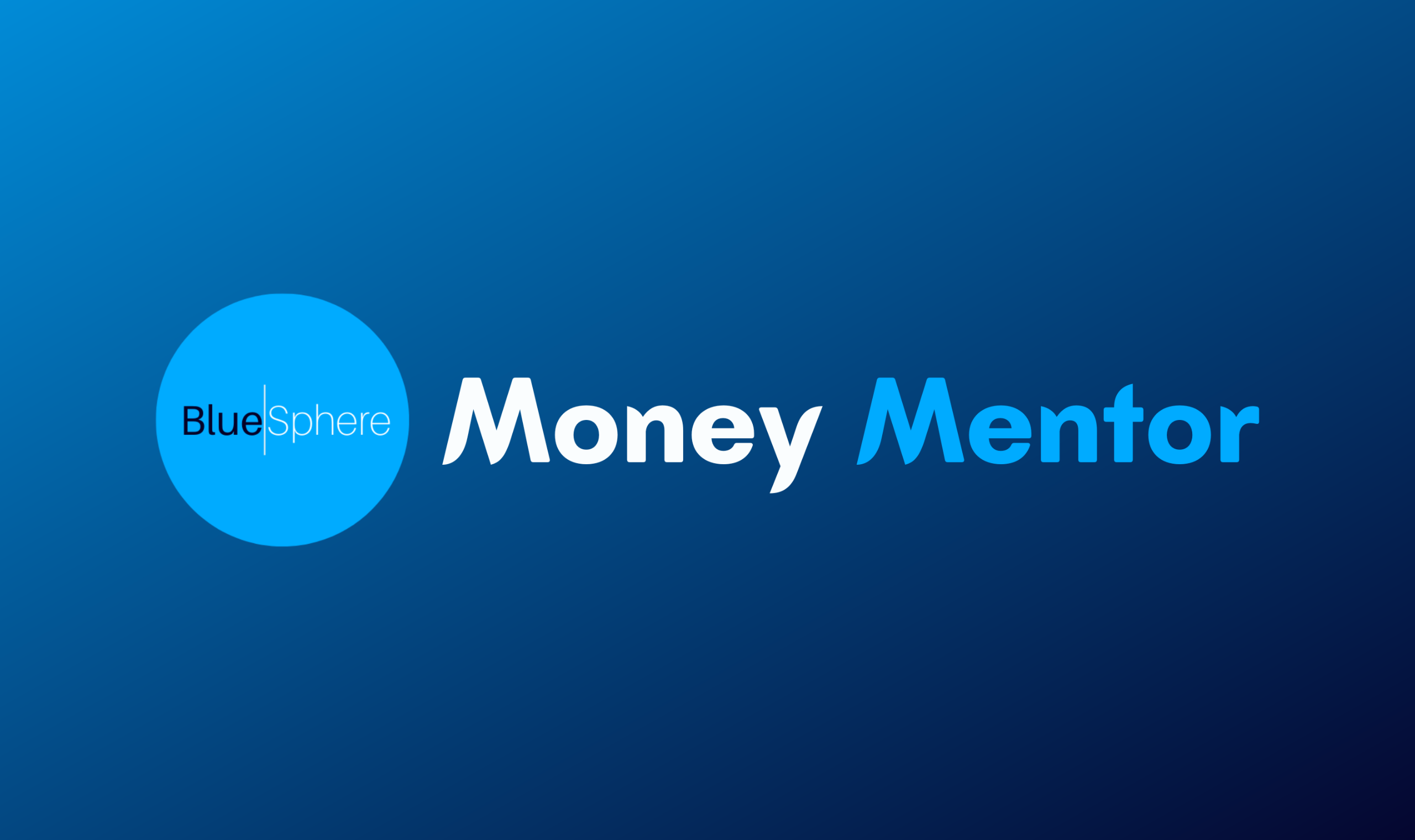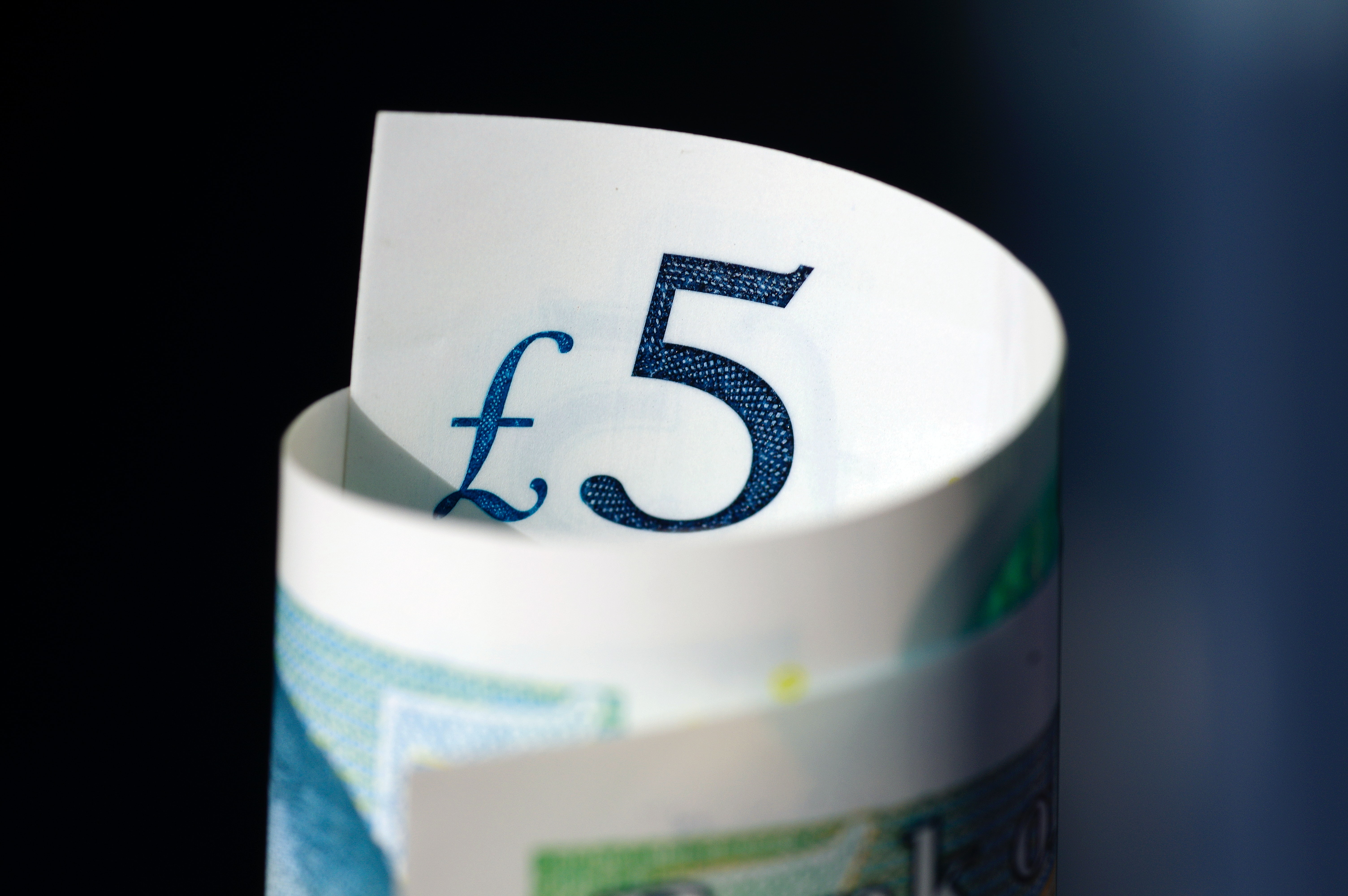The UN SDGs
The UN SDGs
The United Nations Sustainable Development Goals (UN SDGs) are a set of 17 global goals adopted by the UN General Assembly in 2015. These goals aim to address some of the most pressing challenges facing our world, including poverty, inequality, climate change, and environmental degradation. The UN SDGs are intended to be a universal call to action for governments, businesses, and individuals to work together to create a sustainable future for all.
The 17 UN SDGs are:
- No Poverty
- Zero Hunger
- Good Health and Well-being
- Quality Education
- Gender Equality
- Clean Water and Sanitation
- Affordable and Clean Energy
- Decent Work and Economic Growth
- Industry, Innovation and Infrastructure
- Reduced Inequalities
- Sustainable Cities and Communities
- Responsible Consumption and Production
- Climate Action
- Life Below Water
- Life On Land
- Peace, Justice and Strong Institutions
- Partnerships for the Goals
Each of these goals has a specific set of targets and indicators that are used to measure progress towards achieving the goal. For example, Goal 1 (No Poverty) has targets to reduce the number of people living in extreme poverty, increase access to financial services, and ensure equal rights to economic resources. Goal 13 (Climate Action) has targets to reduce greenhouse gas emissions, increase the use of renewable energy, and adapt to the impacts of climate change.
To achieve the UN SDGs, it is essential that all sectors of society work together. Governments, businesses, civil society organisations, and individuals all have a role to play in achieving these goals. Governments can take action by setting policies and regulations that support sustainable development, investing in infrastructure and education, and providing social services to those in need. Businesses can contribute by implementing sustainable practices, investing in clean technologies, and engaging in responsible production and consumption. Civil society organisations can advocate for the UN SDGs, engage with communities, and provide support for those in need. Individuals can make a difference by making sustainable choices in their daily lives, such as reducing waste, conserving energy, and supporting organisations that are working towards the UN SDGs.
To track progress towards achieving the UN SDGs, the UN has developed a set of indicators and a global monitoring framework. This framework is used to collect data and measure progress on the SDGs at the national and global levels. The indicators are used to measure progress towards achieving each of the 17 goals, and the data collected is used to inform policy and guide action.
In addition to the UN SDGs, there are also a number of other initiatives and organisations that are working to support sustainable development. These include the Paris Agreement on climate change, the UN Framework Convention on Climate Change, and the Global Goals for Sustainable Development, which are a set of 17 goals adopted by the UN in 2015.
At BlueSphere, we are proud to be part of the global effort to achieve the UN SDGs and create a better future for all. We encourage other businesses to join us in this effort, and we are committed to continuing our work to support these important goals.

Each month we’ll aim to bring a bit of humanity and common sense back into the world of finance.







